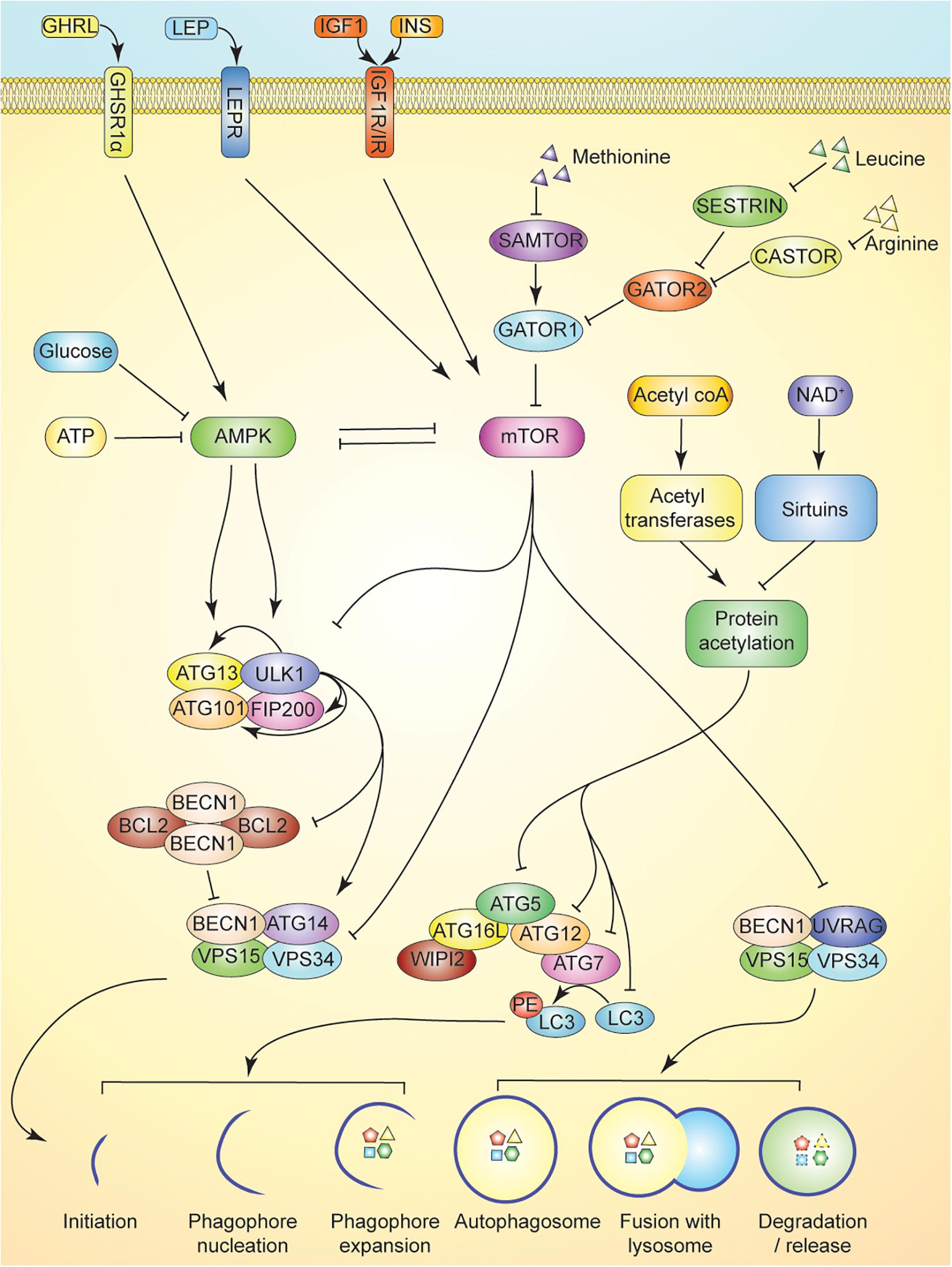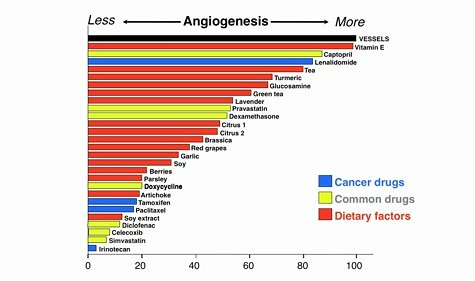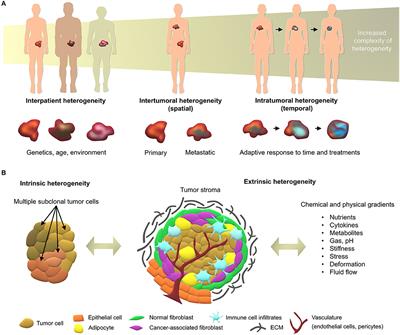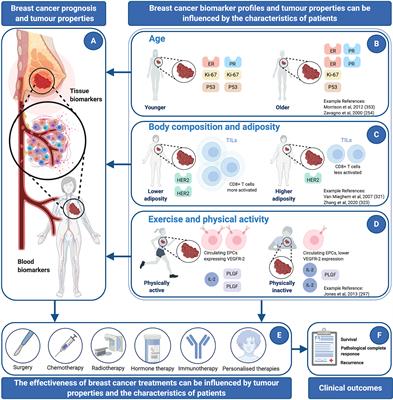Cancer is a complex and devastating disease that affects millions of people worldwide. While medical treatments such as chemotherapy and radiation therapy are crucial in fighting cancer, there is growing evidence that suggests nutrition and lifestyle choices can also play a significant role in preventing and treating this disease.
In this article, we will explore the power of nutrition in fighting cancer, unveil anti-cancer foods, discuss the role of nutrients in starving cancer cells, highlight the influence of exercise on cancer prevention and treatment, emphasize the importance of stress management, and encourage readers to take control of their health by combining medical treatments with natural approaches.
The Power of Nutrition in Fighting Cancer
Nutrition plays a vital role in the battle against cancer. Research shows that our dietary choices can either promote or prevent cancer development. Poor nutrition weakens the immune system and increases inflammation, creating an environment favorable for tumor growth.
Conversely, a healthy diet rich in antioxidants, vitamins, minerals, and phytonutrients helps protect against various types of cancers.
Understanding the link between nutrition and cancer is crucial. “Starving” cancer cells by depriving them of specific nutrients they need to grow and multiply is a promising approach. Cancer cells have unique metabolic characteristics that make them highly dependent on these nutrients for survival.
A healthy diet focused on whole foods is essential for cancer prevention and treatment. Nutrient-rich foods provide support for overall health while acting as a defense against this disease.
No single food or nutrient alone guarantees protection; rather, it’s the combination of various nutrients found in a balanced diet that offers optimal benefits.
Incorporating fruits, vegetables, whole grains, lean proteins, and healthy fats into our meals provides necessary components for cell repair and maintenance. Staying hydrated by drinking plenty of water also promotes overall bodily functions.
Unveiling Anti-Cancer Foods
Certain foods possess anti-cancer properties and can help starve cancer cells. These include:
- Cruciferous vegetables: Broccoli, cauliflower, kale, Brussels sprouts, and cabbage inhibit cancer cell growth.
- Berries: Blueberries, raspberries, strawberries, and blackberries protect against cancer development with antioxidants and phytochemicals.
- Garlic and onions: Their organosulfur compounds reduce the risk of several cancers.
- Green tea: Rich in catechins, it has powerful anti-cancer properties.
- Turmeric and ginger: Curcumin and gingerol exhibit anti-inflammatory and anti-cancer effects.
These foods work by inhibiting tumor blood vessel growth or directly targeting cancer cells themselves. For example, sulforaphane in cruciferous vegetables disrupts tumor signaling pathways. Incorporating these foods into our diets helps reduce the risk of cancer while promoting overall health.
The Role of Nutrients in Starving Cancer Cells
Certain nutrients have been found to play a vital role in starving cancer cells and preventing their proliferation. Omega-3 fatty acids, found in fatty fish, flaxseeds, chia seeds, walnuts, and soybeans, possess anti-inflammatory properties that combat cancer-related inflammation.
Adequate levels of vitamin D obtained through sunlight exposure or fortified dairy products are associated with a lower risk of certain cancers. Antioxidants found in colorful fruits and vegetables neutralize harmful free radicals that contribute to cancer development.
Fiber-rich foods aid in proper digestion and help eliminate toxins from the body. Incorporating these nutrient-rich foods into our diets can be a powerful strategy in the fight against cancer.
The Influence of Exercise on Cancer Prevention and Treatment
Regular exercise has a profound impact on reducing the risk of cancer and improving treatment outcomes. It helps maintain a healthy weight, boosts the immune system, regulates hormones, and enhances overall well-being.
Physical activity creates an unfavorable environment for cancer cell growth by increasing oxygenation and blood flow. It also regulates insulin levels and reduces inflammation, starving cancer cells of fuel.
Incorporating exercise into daily life doesn’t have to be daunting. Activities like brisk walking, cycling, swimming, or dancing contribute to a healthier lifestyle. Finding enjoyable activities makes it easier to stay consistent with fitness goals.
Exercise plays a significant role in preventing and treating cancer by maintaining weight, boosting immunity, regulating hormones, increasing oxygenation, reducing inflammation, and limiting fuel for cancer cells.
The Importance of Stress Management in Cancer Control
Stress management plays a crucial role in cancer control by addressing the link between chronic stress and cancer progression. When we experience chronic stress, our immune system weakens, leaving us vulnerable to various health issues, including cancer.
Additionally, chronic stress can lead to chronic inflammation within the body, creating an environment that is conducive to the proliferation of cancer cells.
To mitigate these risks and promote overall health, it is essential to prioritize stress management techniques. One effective method is practicing meditation and mindfulness. These practices help reduce stress levels by promoting relaxation and fostering a sense of calmness.
By incorporating regular meditation or mindfulness exercises into our daily routine, we can better manage stressful situations and potentially reduce the risk of cancer development.
Another valuable technique for managing stress is engaging in yoga and deep breathing exercises. Yoga combines physical movement with deep breathing techniques that help relax both the mind and body. This practice not only relieves tension but also promotes a sense of well-being.
By incorporating yoga into our lives, we can effectively manage stress levels and contribute to our overall health.
Combining Medical Treatments with Natural Approaches
Integrating medical treatments with natural approaches in cancer treatment can enhance overall well-being and support the body’s healing abilities. A holistic approach that includes nutrition, exercise, stress management, and other lifestyle factors complements conventional therapies and promotes better health outcomes.
A balanced diet rich in whole foods, fruits, vegetables, lean proteins, and healthy fats provides essential nutrients for immune support and cellular repair. Regular exercise improves circulation and oxygenation throughout the body, aiding in nutrient delivery to cells and facilitating detoxification processes.
Managing stress through techniques like meditation or engaging in hobbies is crucial for emotional resilience and immune system strength. Integrative oncology programs combine conventional medicine with complementary therapies like acupuncture or herbal remedies to address the multifaceted nature of cancer treatment.
By embracing a holistic approach that combines medical treatments with natural approaches, individuals can optimize their well-being and potentially improve treatment outcomes.
Conclusion: Empowering Readers to Take Control of Their Health
[lyte id=’o7gaCOCO2zQ’]






